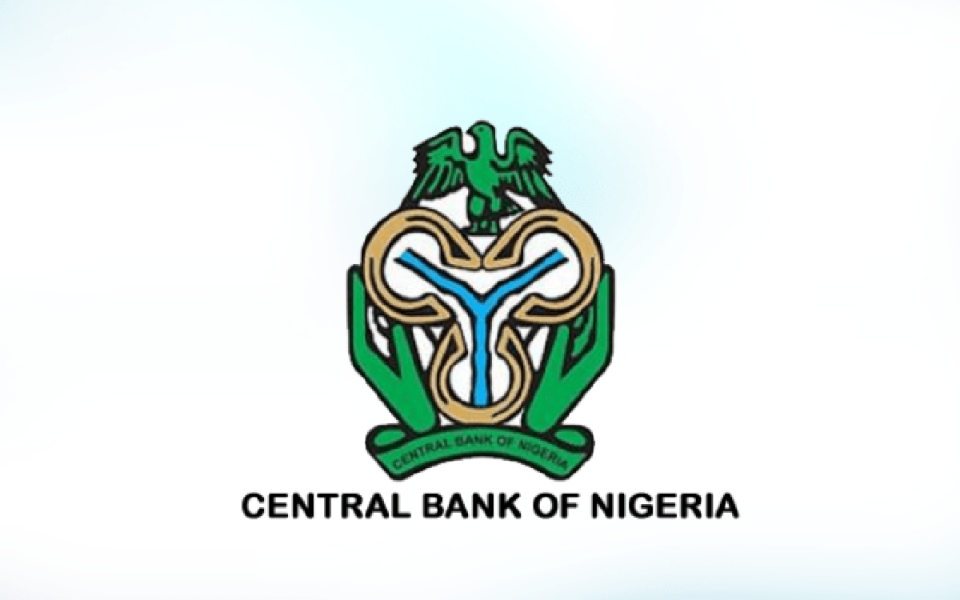The country’s external reserves rose by $380m from $34.98bn as of December 24 to $35.36bn as of the end of December 2020, according to figures obtained from the Central Bank of Nigeria on Wednesday.
According to the figures, the reserves which commenced the year at $38.53bn dropped to $35.33bn as of December 1, 2020.
The CBN stated in its third quarter economic report that the pressure witnessed on Nigeria’s external account persisted in the review period despite global easing of economic activities.
It stated that the effect of the COVID-19 pandemic continued to weigh down on global demand and supply, as well as on commodity prices, particularly crude oil.
The overall balance of payments position remained in deficit, it stated.
According to the report, the deficit in the current account also persisted in the third quarter of 2020, while the financial account recorded a net acquisition of financial assets.
It stated that the external reserves level at end-September 2020 was $35.96bn, relative to $35.78bn at end-June 2020 and could finance 8.4 months of goods only or 6.9 months of goods and services of import.
Public external debt remained at end-June level of $31.48bn or 8.1 per cent of gross domestic product, which was within the sustainable threshold of 40 per cent of Gross Domestic Product.
In the foreign exchange market, the average naira exchange rate at the I&E and the BDC windows depreciated to N386.60/$ and N461.94/$ in the third quarter of 2020, from N386.39/$ and N447.71/$ in the second quarter respectively.
According to the report, aggregate financial assets recorded a reduction of $2.23bn during the review period, compared with $1.56bn in the preceding quarter.
A disaggregation showed that a marginal accretion of $0.14bn in external reserves asset was recorded in the review period, compared with $2.08bn in the second quarter of 2020.
It stated that foreign direct investment in foreign entities decreased by 16.4 per cent to $0.31bn, relative to the level in the second quarter of 2020.
In contrast, portfolio investment asset increased to $0.07bn in the review period, compared with $0.02bn in the preceding quarter.
Other investments registered a disposal of $2.86bn in the review quarter, lower than the $4.03bn in the second quarter of 2020, due, largely, to the drawdown of foreign currency holdings of the private sector in the review period.




